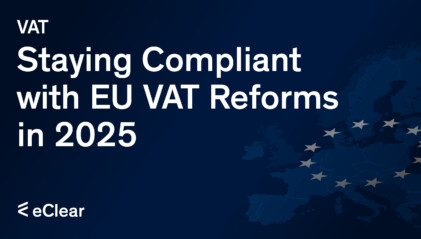Geo-blocking is when customers are prevented from accessing a provider’s website from another EU country or purchasing their goods under the same general terms and conditions as national customers. For example, the customer’s location can be determined if the website collects the IP address. The online merchant now knows which country the customer wants to access the site from and can redirect him to a country-specific shop. This allows for the display of a different assortment or the marking of an article as unavailable.
The Geo-blocking Regulation (EU) 2018/302, a game-changer in the world of online shopping, came into force on December 3, 2018. It put an end to practices that limited EU citizens’ access to online goods and services, providing legal certainty for entrepreneurs. This regulation is a key part of the EU’s strategy to bolster the single digital market.
In Germany, the Federal Network Agency plays a crucial role in monitoring the implementation of the regulation. In February 2020, it provided an interim conclusion after the first months of the new legislation. It received around 100 complaints, half of which were related to the sales of goods such as electrical appliances, clothing, and e-books. Two-thirds of the justified complaints were resolved with the suppliers, demonstrating the effectiveness of the Agency’s actions. The Federal Network Agency also has the power to impose fines of up to 300,000 euros, ensuring compliance with the regulation.
However, online retailers in the EU can still define which countries they deliver their products to. Many consumers see this as a disadvantage because although they can purchase the goods under the same general terms and conditions as national customers, the retailer may still need to offer delivery to the desired country. VAT is a significant hurdle for many retailers in cross-border e-commerce: The applicable tax rates must be known, and the gross sales price must be correctly calculated and displayed in the shop. In addition, VAT registration in the destination country and tax payments to the national authorities are also necessary. The EU plans to simplify taxation in Europe further. A proposal from the Commission is to be presented by 2022.
ClearVAT helps online traders sell their goods in all EU countries in a legally compliant manner. ClearVAT assumes the assignment of national tax rates and exemptions to the articles purchased online, as well as tax collection and reporting to the local tax authorities, without the trader registering in the delivery country. This provides fast access to the European Single Market.




